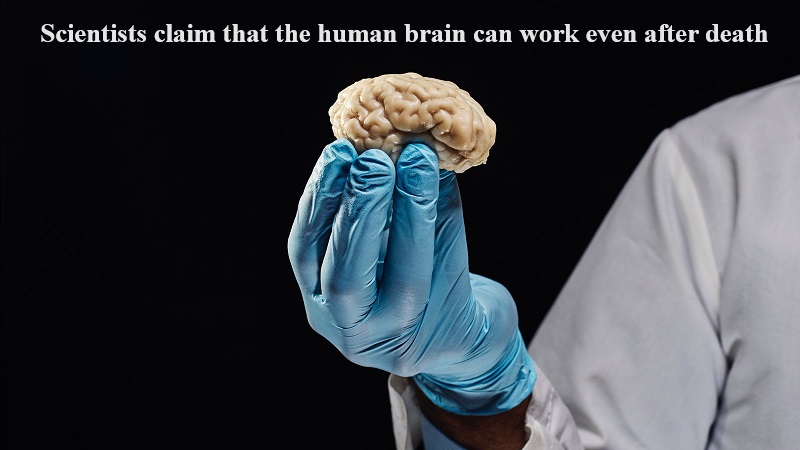
Human curiosity about life after death and what lies beyond has been a perennial fascination. Scientists have been diligently exploring these questions for years, and they have recently made a significant breakthrough: a human brain remains active even after death, even when the heart stops beating.
For centuries, scientists and researchers have held the belief that death does not mark the end of brain activity. Now, for the first time, this belief has been substantiated.
A groundbreaking study, led by researchers from New York University Grossman School of Medicine, has identified potential signs of brain activity in patients experiencing cardiac arrest as medical professionals strive to resuscitate them.
This study is an extension of a prior investigation into near-death experiences, focusing on the experiences of patients undergoing cardiopulmonary resuscitation (CPR) in hospitals across the US and UK.
A pilot sub-study involved the monitoring of electroencephalogram (EEG) activity and cerebral oxygen levels during CPR, offering insights into the fading consciousness of individuals teetering on the brink of death.
Among the 567 patients enrolled in the study, only 213 were successfully revived. Alarmingly, a mere 53 of them ultimately survived and were discharged, with only 28 considered healthy enough to partake in subsequent interviews recounting their experiences near death. The study was spearheaded by Sam Parnia, a scientist passionately dedicated to unraveling the mysteries surrounding death.
Interestingly, none of the 28 survivors who were interviewed could recall the images displayed on a tablet or the sounds emanating from headphones during their revival efforts. However, their brains exhibited signs of activity.
Survivors reported fragmented memories of their resuscitation, including sensations like chest compressions, the presence of electrodes on their skin, and auditory perceptions of voices from the medical team.
Real-time brain monitoring data further supported the hypothesis that neurological activity could persist after clinical death, despite compromised cardiac function.
Dr. Parnia, reflecting on these findings, noted that while the conventional assumption was that the brain suffered permanent damage approximately 10 minutes after the heart stopped beating, this study revealed that the brain might display signs of activity for a more extended period. He concluded by stating, “This is the first extensive study to suggest that these recollections and changes in brain waves might be indicative of shared, universal elements in what are commonly referred to as near-death experiences.”

Post Your Comments